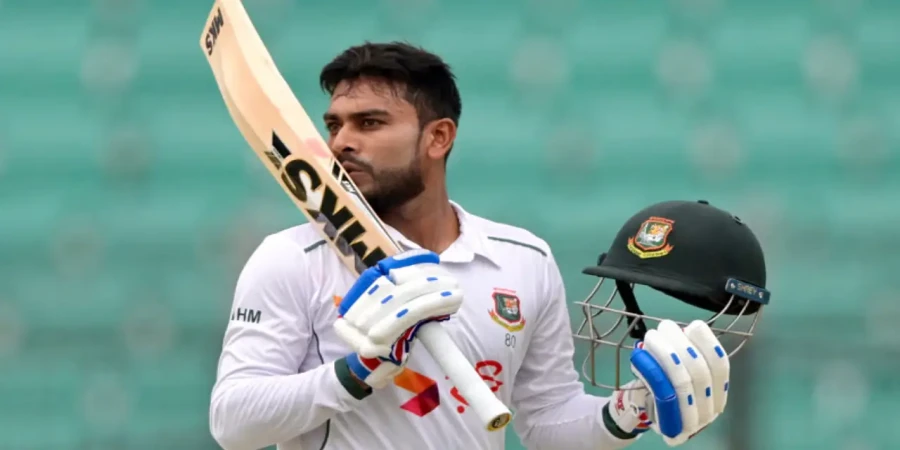
ছবি: Photo: Collected
The start of the Bangladesh Cricket League (BCL), the country’s premier first-class cricket tournament, has been officially pushed back to June 15, moving away from its originally planned May schedule. Bangladesh Cricket Board (BCB) Tournament Committee Chairman Akram Khan confirmed the postponement, attributing it to a clash of schedules and unavailability of venues caused by multiple simultaneous cricketing events.
Akram Khan explained that the sudden influx of domestic and international commitments—including series involving the Bangladesh ‘A’ team and the Emerging Team—has placed considerable pressure on available grounds. As a result, the tournament, which was initially planned for the post-Dhaka Premier League (DPL) window, has now been slotted to begin in mid-June and is expected to run until early July.
“In the last month, several changes took place. We now have a few teams arriving—the 'A' team, the Emerging team—and because of these developments, venues are unavailable. So, we’ve decided to start BCL from June 15,” Akram said. “We know there might be weather issues during that time, but we had no other choice after evaluating all factors.”
BCL, a four-team first-class competition involving top cricketers from eight regional zones, was moved from its traditional winter slot in December to spring in April-May as part of a broader restructuring of the domestic calendar. Under the new schedule, the original BCL window will now host the Twenty20 version of the National Cricket League (NCL).
Despite the shift, organizing the BCL proved challenging due to a congested domestic and international schedule. The DPL will be followed by a two-match Test series between Bangladesh and Zimbabwe, which is set to conclude on May 2. Furthermore, the ‘A’ and Emerging teams will occupy several key venues, making it difficult to secure suitable grounds for BCL matches during May.
“For the last six to seven months, we had been planning to host the BCL in May. But now with two to three home series scheduled, we’re not only missing venues but also key players,” Akram stated. “In BCL, we form four teams from eight divisions, and under current circumstances, we can’t build those squads properly. That’s why we’ve shifted it to June.”
Matches are likely to be hosted at major Test venues such as Dhaka, Chattogram, and Sylhet, where infrastructure is better suited for first-class fixtures and match-day requirements.
Over the past few years, the BCL has typically been held during the cooler months of December. However, the revamp of the domestic calendar aimed to create room for other formats and allow for more strategic planning of cricket events throughout the year. This rearrangement, while promising in terms of format diversity, has also introduced logistical challenges—particularly in periods of overlap between various national and international obligations.
Regarding team ownership and sponsorship, the BCL remains a franchise-based tournament, but enthusiasm from private institutions has remained limited. So far, only Walton and Islami Bank have shown consistent interest in sponsoring or owning teams. Akram acknowledged this concern and noted that the BCB would actively reach out to other corporate entities to generate broader participation and financial backing for the league.
“We’ll try to bring in external franchises. Discussions are ongoing. We’ll approach two or three outside organizations. We’re hopeful that at least one or two of them will respond positively,” Akram added.
As BCL continues to navigate scheduling difficulties and seeks more robust institutional support, its importance in nurturing red-ball cricket talent in Bangladesh remains undisputed. However, ensuring consistent tournament execution, regardless of the season, will be key to maintaining its integrity and long-term relevance in the country’s domestic structure.
repoter






